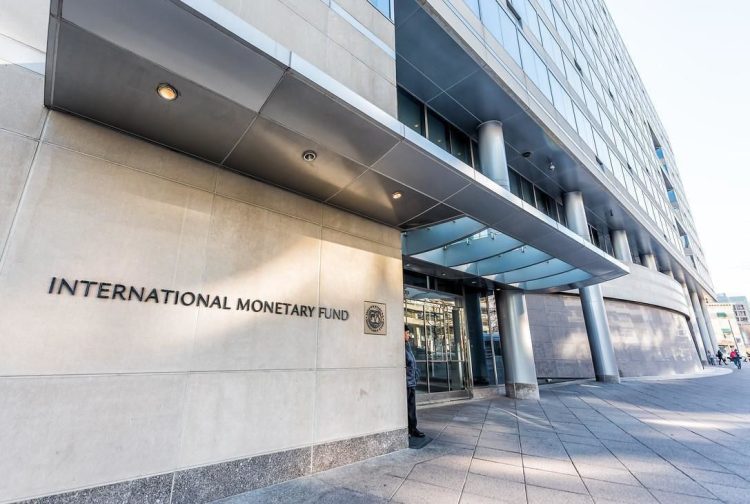In 2025, Ukraine's public debt will exceed 100% of its gross domestic product (GDP) for the first time. This year, the debt level will be just 3-5% below this threshold. In the coming years, the debt is expected to remain above 100% of GDP.
This information comes from the text of a Memorandum with the IMF.
According to the baseline scenario, Ukraine's public debt will amount to 95.6% of GDP this year and 106.6% next year. In 2026, the debt is projected to increase by another percentage point relative to 2025. However, in 2027, it is expected to decrease by 5 percentage points to 102.6%.
Under the negative scenario, this year's public debt will reach 97% of GDP, with further increases in the following years. Specifically, debt levels in 2025 will be 117.5% of GDP, 132.1% in 2026, and as high as 134.3% in 2027.
The IMF highlights several major risks that could worsen the debt burden, including the duration and intensity of the war, as well as attacks on energy infrastructure, which undermine Ukraine's economic potential. Delays in financial support from international partners are also cited as factors that could negatively affect the debt.
"Both scenarios (baseline and negative) assume that donors fulfill their financial commitments (including those under the G7 initiative). Delays or shortages in funding could lead to cuts in social spending or domestic debt, causing significant economic and social disruptions," the document states.
The IMF notes that Ukraine successfully completed a large-scale debt restructuring in August this year, amounting to about $20.5 billion (or approximately $24 billion, including capitalized interest). This reduced Ukraine's public and guaranteed debt by $9 billion. Positive developments also include assurances from the G7 of providing $50 billion in multi-year funding for Ukraine.
The IMF emphasizes that policy adjustments and deeper structural reforms must continue for many years. However, they also acknowledge that some long-term reforms could affect social stability.





















